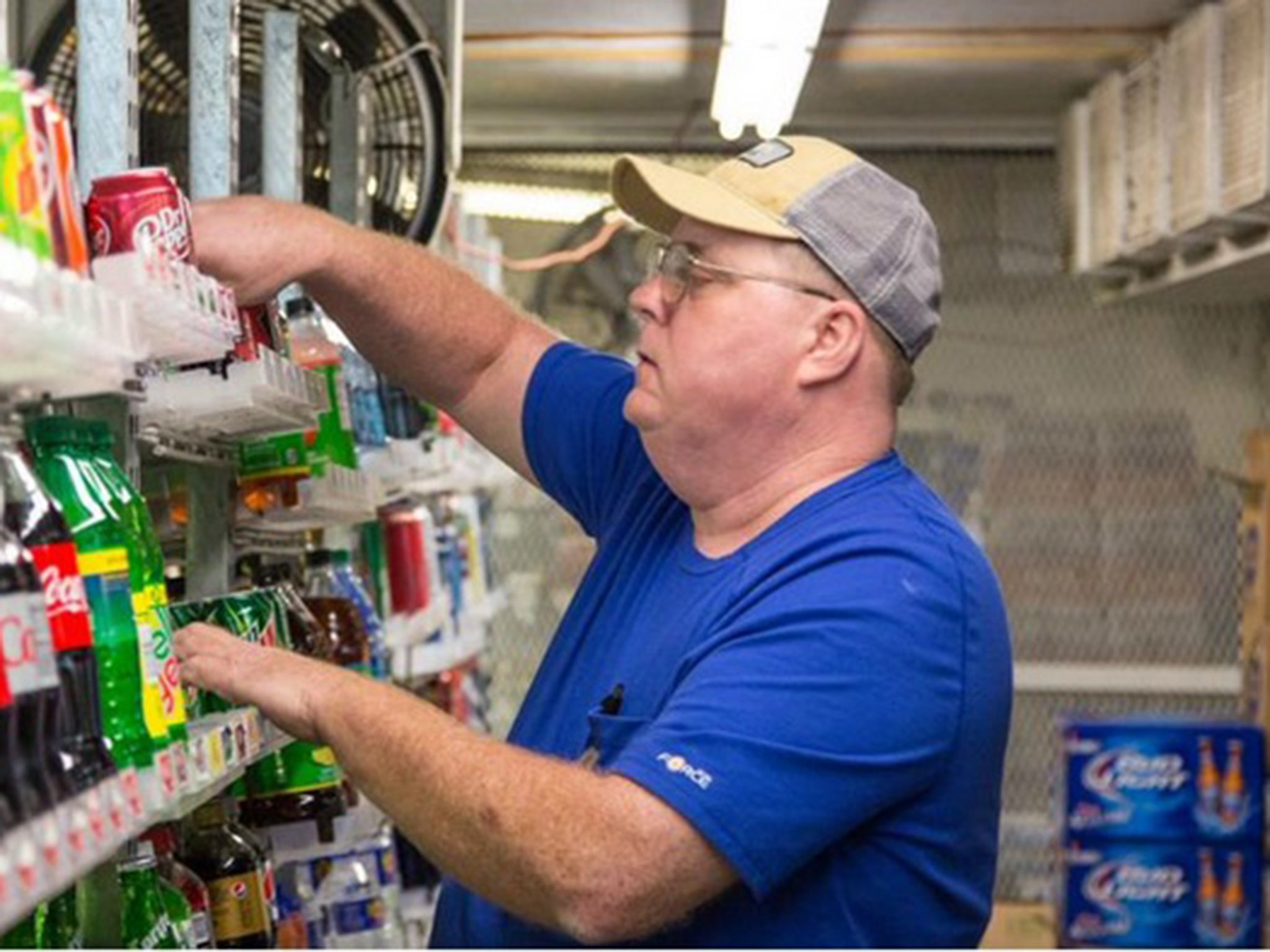IRS returns North Carolina man’s life savings after seizing it without charging him with a crime
The seizure prompted public outcry that led IRS to return total sum

Your support helps us to tell the story
From reproductive rights to climate change to Big Tech, The Independent is on the ground when the story is developing. Whether it's investigating the financials of Elon Musk's pro-Trump PAC or producing our latest documentary, 'The A Word', which shines a light on the American women fighting for reproductive rights, we know how important it is to parse out the facts from the messaging.
At such a critical moment in US history, we need reporters on the ground. Your donation allows us to keep sending journalists to speak to both sides of the story.
The Independent is trusted by Americans across the entire political spectrum. And unlike many other quality news outlets, we choose not to lock Americans out of our reporting and analysis with paywalls. We believe quality journalism should be available to everyone, paid for by those who can afford it.
Your support makes all the difference.The Internal Revenue Service – the much-maligned US tax collection agency – fell to new lows in public opinion recently after it was revealed that it had taken the entire life savings of a North Carolina man without charging him with a crime.
Now, widespread public condemnation has prompted the IRS to return the full sum to Lyndon McLellan, according to media reports. The government, however, does not plan on returning the interest earned by Mr McLellan’s money or repay him for the costs required to recoup his savings.
Last July, the IRS showed up at the convenience store owned by Mr McLellan in Fairmont, North Carolina and informed him that they had seized his life savings of $107,702.66 because IRS officials were suspicious about how he had been depositing his money.
The Washington Post reported that, on the advice of a bank teller, Mr McLellan for years had been making cash deposits less than $10,000. Deposits above $10,000 require more paperwork, so it was more convenient for the shop owner to make deposits in those instalments.
While it is not at all illegal to make deposits less than $10,000, it is illegal to do so in order to deceive the IRS. So, after discovering the sub-$10,000 deposits, the IRS got a seizure warrant from a judge that allowed them to take Mr McLellan’s savings, even though his taxes had been paid and his business was legitimate, according to reports.
The Institute for Justice, a civil-rights group, got involved about two weeks ago and worked to publicise Mr McLellan’s case, to great effect. The media gobbled up the story and people took to social media to voice their support for the shop owner, who said he is just happy he hasn’t lost his life savings.
“I’m relieved to be getting my money back,” Mr McLellan said, according to The Cato Institute. “What’s wrong is wrong, and what the government did here is wrong. I just hope that by standing up for what’s right, it means this won’t happen to other people.”
Follow @PaytonGuion on Twitter.
Join our commenting forum
Join thought-provoking conversations, follow other Independent readers and see their replies
0Comments